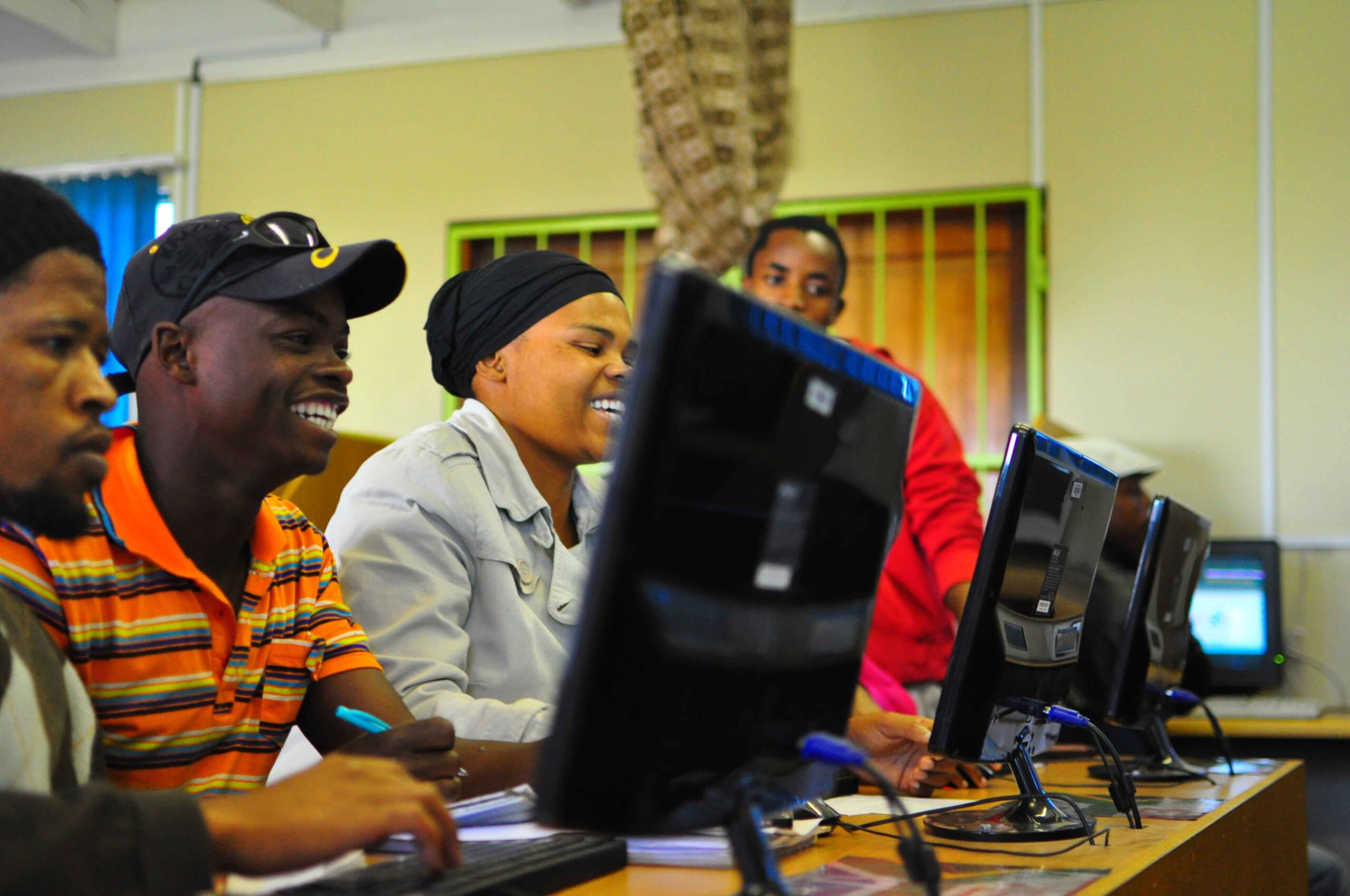In many African countries, governments are using science, technology and innovation to boost socio-economic development. An important factor in the effective management of scientific advancements is the successful allocation of research, development and innovation funds. To this end, the HSRC has developed toolkits to guide African science granting councils in the effective management and use of data to inform their funding policy. By Jessie-Lee Smith

Photo: RAEng publications, Pixabay
The African Union is currently preparing for the successor to the 10-year 2024 Science, Technology and Innovation Strategy for Africa. This plan pushed for more research in science, technology and innovation (STI) throughout the African continent and required more investments in the field. With limited resources, STI-funding stakeholders, such as African science granting councils, will need to make informed decisions about where to allocate funds.
Science granting councils play a central role, and balance multiple mandates to set national research agendas, manage funds for research and innovation activities, gather evidence on STI and advise on STI policy. They typically do so with limited funding, human resources, and organisational capacity.
While public funding for STI is increasing in Africa, the history of granting such funding on the continent has been disparate. “Identifying the grand challenges and allocating grant funding to research in key priority developmental areas that address these grand challenges are paramount,” says research manager, Darryn Whisgary, from the HSRC’s Centre for Science, Technology and Innovation Indicators (CeSTII).
A significant issue for science granting councils in Africa, however, is the lack of guiding resources that cater to the specifically developing nature of STI on the continent. Examples from first-world economies are often insufficient, as their national capabilities and systems of innovation do not align with African national and regional development priorities.
To assist in this regard, in 2015, South Africa’s National Research Foundation, in collaboration with Canada’s International Development and Research Centre, founded the Science Granting Councils Initiative (SGCI). Through the use of STI data and evidence, this initiative serves as a guide for several sub-Saharan science granting councils to manage their funding and strengthen their policies. Based on the reputation of their science, technology and innovation indicators research, the SGCI encouraged the HSRC to collaborate with them on the design and the creation of the Evidence in Policy (Evi-Pol) project.
The Evi-Pol project contributes to the SGCI by strengthening the strategic use, management and digitalisation of data. “Considering the importance of tackling STI challenges in Africa, our team is committed to building the capabilities of African science granting councils to use data to inform STI policies [through specific toolkits geared towards achieving this objective],” explains Whisgary.
Since its initiation, the project has formulated and published four toolkits to aid science granting organisations in utilising data to its fullest potential. The toolkits cover four areas of data management: the preservation and use of data (data curation); data governance; the management of data and digitalisation; and data-informed decision and policy-making, providing step-by-step guidance and practical, editable templates.
| Evi-Pol Toolkits STI Policy Review Toolkit STI policies in science granting councils are guidelines that dictate the management of STI development and funding. For granting councils to allocate and distribute funds effectively, these policies need to be aligned with national, regional and global developmental priorities across government and policy systems. The STI Policy Review Toolkit provides practices and templates that guide councils in reviewing their policies against these priorities. These practices have been workshopped through a collaboration between researchers, African policymakers and science granting councils, and are presented in a user-friendly, visually appealing and comprehensive manner. Digital Transformation Roadmap Technology provides an enormous opportunity for the transformation of business processes and operations. For example, digitalisation can allow granting councils to consolidate, access, and utilise data and evidence to reach their policy and funding goals more effectively. The Evi-Pol Digital Transformation Roadmap provides milestones and guidelines meant to strengthen digitalisation, organisational planning and performance. This roadmap’s strength lies in the participatory approach with which it was developed. Through consultation, co-creation and local network building, this toolkit was created as a bottom-up approach to bolstering the digitalisation process of science granting councils. Data Governance Toolkit Within science granting councils, data governance refers to internal standards and policies used to manage how data is gathered, stored, processed and disposed of. Good data governance policies increase the trust, reputation and security of data within STI funding entities. Created with data governors in mind, the Data Governance Toolkit offers frameworks for data management, quality, security, privacy and compliance that cater to the specific needs of science granting councils. This step-by-step guide is comprehensive and easy to use, aided by its systematic and visual appeal. Data Curation Toolkit Strong data curation mechanisms are essential for the storing, sharing and preservation of data. With effective data curation, data will be explained, publicised and presented in alignment with FAIR principles: findable, accessible, interoperable and reusable. The Data Curation Toolkit serves to inform and guide granting councils in planning, preparing and managing data so that they align with these principles. Systematic and comprehensive, this toolkit provides stakeholders with a theoretical understanding, practical guidelines and tools for strong data curation. |
These Evi-Pol toolkits have been presented to many stakeholders including the SGCI, the Southern African Development Community, the African Union Development Agency’s New Partnership for Africa’s Development, and the Department of Science and Innovation, to increase their reach and impact. Science granting councils in Zambia, Namibia and Uganda, and the Ministry of Science and Technology of Mozambique, are using these toolkits to review their policies and/or digitalise their data.
The HSRC, as part of the Evi-Pol project, has achieved funding for a second phase of the project and is working to make its toolkits increasingly available and user-friendly through an online digital portal. According to Whisgary, “The HSRC and councils are now focusing on developing a community of practice for STI measurement throughout the African continent. To facilitate this, we have developed a series of engagement sessions, which will, for 2024, focus on STI data quality assurance, best practices for conducting national R&D surveys and using STI data to inform national STI policies.”
Research contacts:
Dr Glenda Kruss, executive head; Dr Il-haam Peterson, chief research specialist; Darryn Whisgary, research manager; Gerard Ralphs, programme manager; and Nicole van Rheede, PhD trainee, HSRC Centre for Science, Technology and Innovation Indicators


